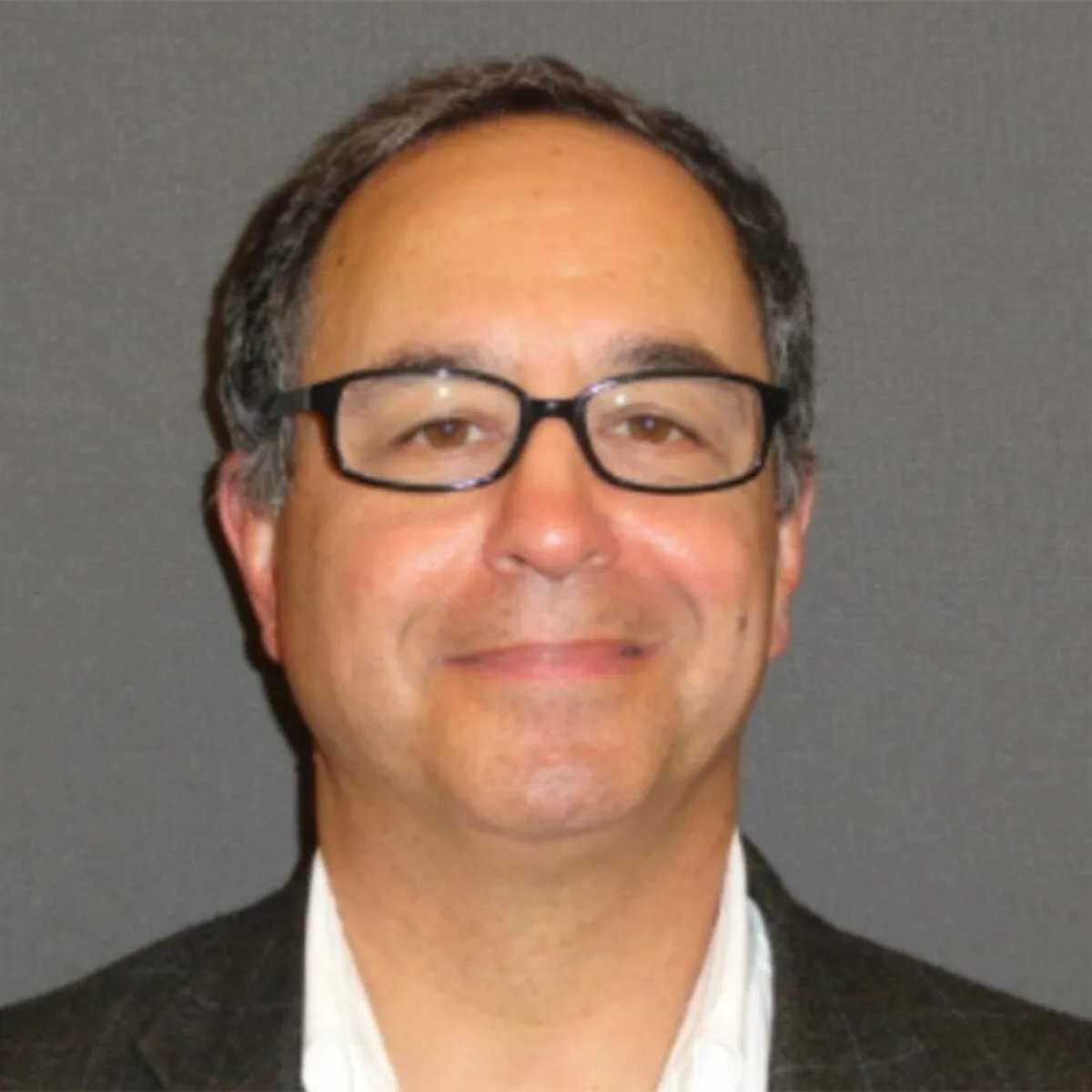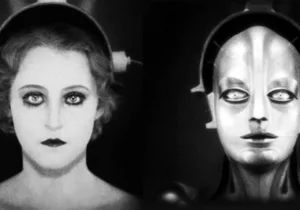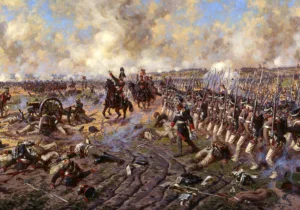Few men are more dangerous than ones who have great authority in the field of foreign policy and who defend a bad theory. Robert Kagan is the former; his recent article “The Strongmen Strike Back” does the latter. In it, he declares that the great battle of our time has commenced—between the liberal democratic world and authoritarianism. Let us delight in simple, Manichean oppositions.
Our two great military failures since the post-World War II period—the Vietnam War and our ongoing, unsettling, and ill-defined military engagements in the Middle East—were justified on the basis of Manichean oppositions of the sort that Kagan offers his readers, which, without much imagination, justify yet more unproductive, bloodletting, treasury-depleting, military interventions in foreign lands in the years ahead. Vietnam? Our leading lights were so entranced by the opposition between “liberalism” and communism that the idea that Vietnam was a post-colonial war of national independence was inconceivable. The Middle East? Our leading lights were so enamored by the opposition between “liberalism” and Islamic fundamentalism that the idea that the nations of the Middle East are involved in an internal wrestling match with modernity that we cannot successfully referee was unthinkable. “Liberalism.” The abstract universal “idea” against which all the forces of darkness align, and because of which never-ending wars must be authorized—communism after World War II; Islamic fundamentalism after 2001; and now, authoritarianism in its various guises, without distinction, from Trump and his Deplorables, to Orban and his “White Christians.” Everyone who does not believe in the abstract universal “idea” of liberalism is an authoritarian at heart; they differ only with respect to the political power they have at their disposal to impose their wretched prejudices on others.
Let us take up Kagan’s “liberalism,” and see what it really amounts to. The deadly flaw of Manichean thinking is that it locks two opposing parties in endless and unresolvable struggle, not least because each party is a caricature that becomes substantive only in relationship to its caricatured opposite. Kagan’s “liberalism” is one of those parties. “Liberalism,” Kagan tells us, is the result of the Enlightenment, which is self-evidently synonymous with the French Revolution and the “all men are created equal” clause of the American Declaration of Independence. This is intellectually reckless and irresponsible. The Enlightenment was not one; it was many, each having distinct national characteristics. John Locke, Kagan’s liberal founder, wrote a century before the French Revolution, and never would have endorsed a revolution based on abstract and universal rights, as the French Revolution was. The French Revolution sought to overthrow everything, even the Gregorian calendar. Locke remained a Christian throughout his life and sought to defend property and the integrity of the (Christian) family. If Locke must be painted as a universalist, it is as a Christian universalist that it ought to be done. Later, purportedly secular, Enlightenment figures tried to strip away Locke’s Christianity, and to develop a universal theory of history based on the development of reason—as Kagan notes Hegel attempted to do. Have we forgotten Nietzsche, who in the 1870s demonstrated to the embarrassment ever afterward of German idealism that Hegel’s universal history was Christianity in disguise? The bitter fruit of Nietzsche’s revelation is the post-modern morass in which we now find ourselves, about which Kagan says nothing. Ironically, the depiction of Locke as a liberal, committed to abstract universals, is something the very conservatives for whom Kagan shows such contempt have asserted since the dawn of the Conservative Movement in the mid-1950s.
America? She is not a proposition that can be reduced to a clause in the Declaration of Independence. The American Revolution was unlike the French Revolution—not least because it did not end with The Terror, in which anyone who believed in particular truths rather than universal ones was subject to execution by guillotine. The American Revolution was undertaken with a view to citizen self-government, national self-determination, and the bourgeois prejudices by which universalists are repulsed. Edmund Burke, a conservative, defended the American Revolution and heaped scorn on the French Revolution.
Is liberalism committed to abstract universal ideas, as Kagan suggests it is? Perhaps neoliberalism of the sort Kagan defends is, but the French and Anglo traditions of liberal thought are not. Neoliberalism is a sleight of hand that betrays its deeper origin. Alexis de Tocqueville, the great French liberal of the nineteenth century—perhaps the greatest liberal thinker of all—had the French Revolution in mind when he wrote his unsurpassed masterpiece, Democracy in America, in 1840. His father was imprisoned and narrowly escaped the guillotine during The Terror. He went into the dungeons with black hair and came out enfeebled and gray. Innumerable passages in Democracy in America speak to the danger of abstract universal ideas. Everything Tocqueville wrote about mediating institutions and about federalism was informed by what could be called The French Revolution Problem—namely, that as social bonds get weaker, people will have little reason to gather together or to count on each other. Their attention therefore will drift upward to abstract universal ideas, and they will become incapable of building a world with their neighbors and fellow citizens—those deplorable creatures who actually believe in the particular ideas that are always necessary if we are going to build a durable world together.
Real liberalism is not universal; it is plural. Only neoliberals and neoconservatives believe in universals—which explains their seemingly strange but ultimately predictable convergence in the aftermath of Trump. Leave Trump aside. Kagan is correct that there are political movements that oppose neoliberal and neoconservative universalism. Authoritarianism is one of them. So, too, is Tocquevillian liberalism, which recognizes that local liberty and international pluralism involving different kinds of nations is the healthy and viable alternative to the bludgeoning soft-authoritarianism on neoliberals on the left and the more hard-nosed authoritarians about which Kagan is rightly concerned. The profound error, indeed the profound danger, is to declaim, as Kagan does, all who oppose the abstract universal ideas as authoritarian by disposition. If you wish to understand precisely why global neoliberal elites were deposed in 2016, and why they will continue to be deposed, look no further than this reckless and irresponsible argument, which proves beyond any doubt that cosmopolitan elites are clueless about why they are being vigorously opposed and called out as charlatans who hover over the world and sleep well at night. Real citizens live in nations; they have particular understandings of family, politics, religion, and themselves. A truly liberal world order, unlike the faux liberal world order that neoliberals have constructed at great cost to everyday citizens but at no cost to themselves, can only be built around the ineluctable plurality in the world. When so-called enlightened universalists call such real citizens out, eventually those citizens say, “Enough!”
Joshua Mitchell is a professor of government at Georgetown University. His most recent book is Tocqueville in Arabia: Dilemmas in a Democratic Age.
Photo Credit: Robert Kagan speaking about his book Political Tribes: Group Instinct and the Fate of Nations on March 12, 2018. By Paul Morigi for Brookings Institution, via Flickr.







 Sponsor a student for Christianity & National Security 2024
Sponsor a student for Christianity & National Security 2024